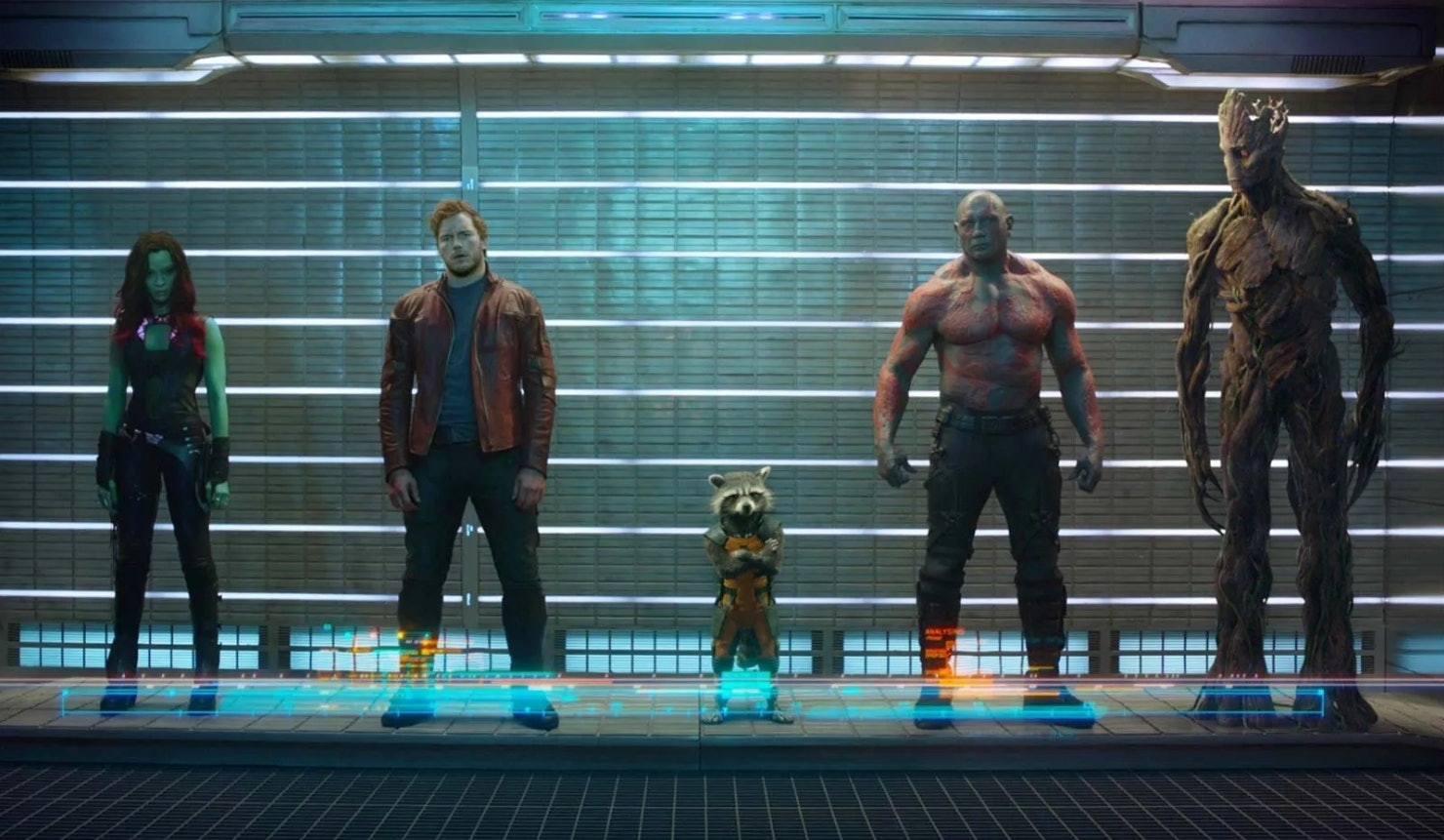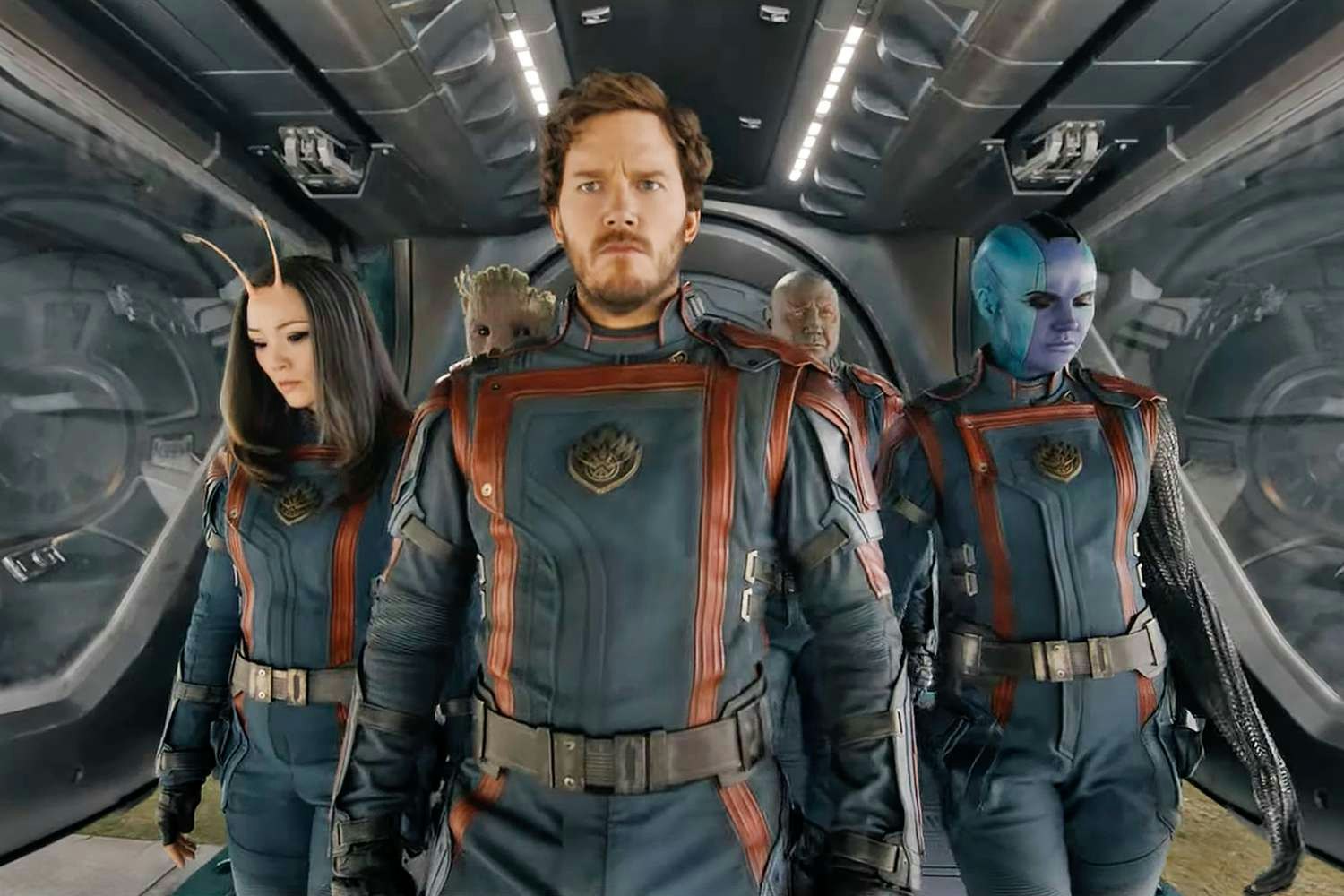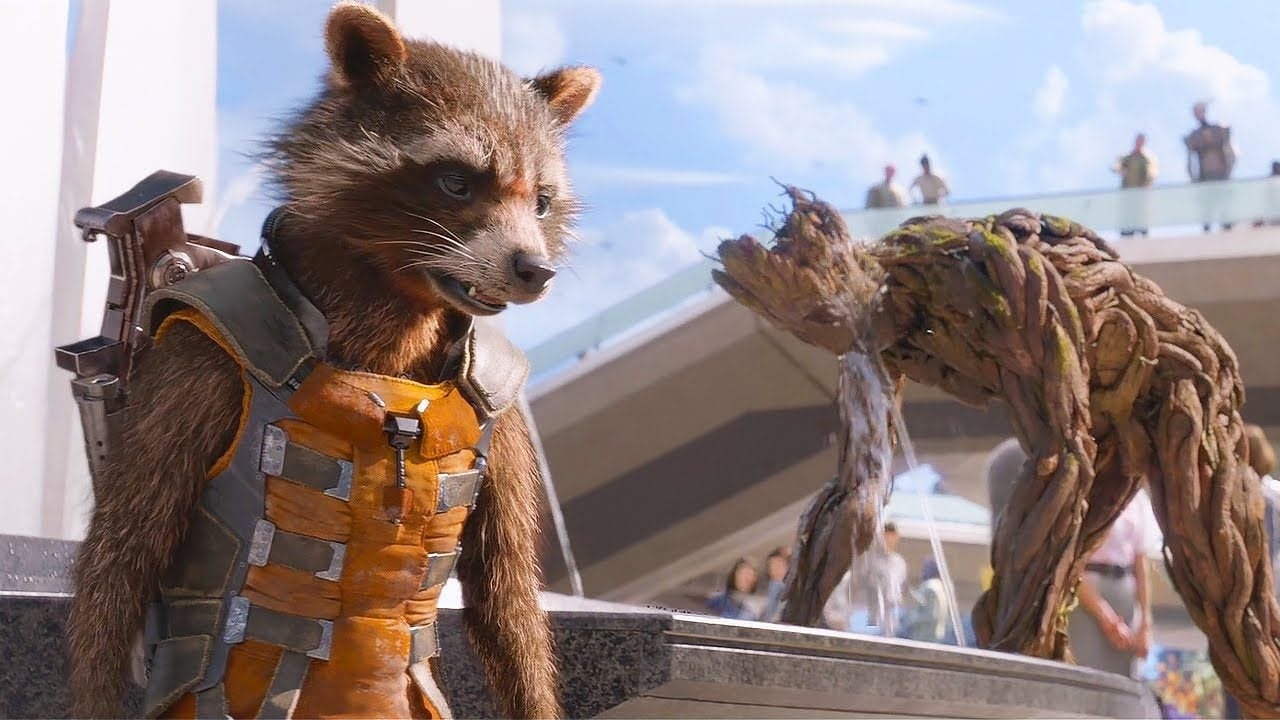
Predicted by some to become the Marvel Cinematic Universe’s first flop, given that it was based on a comic book that even Marvel fans struggled to remember, writer-director James Gunn’s Guardians of the Galaxy was instead a massive box office and critical hit a decade ago.
Its success was due in no small part to its use of the classic ragtag bunch of misfits concept, which here included Star-Lord (Chris Pratt), Gamora (Zoe Saldana), Drax (Dave Bautista), Rocket (voiced by Bradley Cooper), and Groot (voiced by Vin Diesel). All initially hostile to each other, they somehow pull together and fend off the forces of Thanos while becoming a ragged little team of galactic superheroes.
Gunn’s fascination with this storytelling template goes all the way back to The Specials, a 2000 movie he wrote about a low-level superhero outfit that almost everyone ignores until they prove their mettle. The narrative trope goes back much further, of course, having been seen in everything from The Dirty Dozen to Kelly’s Heroes. Gunn clearly relishes the concept of a thrown-together team with almost nothing in common, often outcasts, loners, or criminals tasked with an impossible mission to save the day while redeeming themselves and becoming a true group of friends — or at least grudging allies.
Guardians was his biggest and most thematically cohesive deployment of the idea. While other MCU hero teams like the Avengers had their flaws, they were still driven by noble motives. The Guardians and their bleak backgrounds were all just looking to make a buck or avoid jail. In a 2017 Facebook post, Gunn himself described them as “a group of heartbroken misfits whose lives have been bereft of tenderness and connection and who have a nearly impossible time trusting themselves or others.”
Since Guardians’ 2014 release, Gunn and others have returned to this narrative well. The next two entries in the trilogy saw his ensemble evolve from a disreputable band of miscreants into a loving found family, one able to move beyond the trauma that had previously defined them.

His next exploration of the trope was for DC Studios, as he rebooted Suicide Squad. David Ayer’s 2016 Suicide Squad never quite tapped into the idea of the misfit team becoming a real unit, although that was far from the film’s biggest problem. But Gunn’s version, 2021’s The Suicide Squad, featured much of the same dynamic as his Guardians movies, albeit in a cruder context. Although most of Task Force X is knocked off by the end of the film, those who survive fight to protect each other.
Even the Peacemaker TV show, in which Gunn began turning John Cena’s brutal bro-dude assassin from The Suicide Squad into a more likable, approachable man-child, found the title character bonding with the remnants of Task Force X, including non-supes Emilia Harcourt (Jennifer Holland) and John Economos (Steve Agee), and psychopathic would-be crime fighter Adrian “Vigilante” Chase (Freddie Stroma).
Marvel Studios has also been eager to replicate the “misfits” chemistry. Jake Schreier’s Thunderbolts, due next May, is almost an exact copy of the formula, as a bunch of ne’er-do-wells have to learn to work together while on a mission they likely won’t survive. Unlike Guardians and Suicide Squad, though, Thunderbolts is re-introducing Marvel characters we’ve met before: Yelena Belova (Florence Pugh), Bucky Barnes (Sebastian Stan), Red Guardian (David Harbour), Taskmaster (Olga Kurylenko), and others must overcome their differences to defeat a larger threat.

Funnily enough, James Gunn was interested in doing a Thunderbolts film around the time Guardians came out. But Gunn will have multiple opportunities to revisit his favorite subgenre as co-head of DC. The first trailer for the studio’s Creature Commandos animated series is in many ways a follow-up to The Suicide Squad (only with a team of monsters), while next year’s Superman, written and directed by Gunn, will introduce members of the morally suspect superhero team The Authority.
Will the “ragtag misfits” concept ever run out of juice? It’s hung around for decades, and it’s even manifested in contemporary non-superhero franchises like Fast and Furious. In a sense, movies like Guardians, The Suicide Squad, and (probably) Thunderbolts are all telling the same story over and over again. The Guardians, at least, had the chance to evolve; we don’t know if we’ll ever see another Suicide Squad movie, or what will happen with Marvel’s newest team of reprobates.
What we do know is that 10 years ago, when Guardians of the Galaxy first arrived in theaters, that motley bunch injected a fresh rush of inspiration, weirdness, and humanity into the superhero genre. Now it feels as familiar as a joke we’ve heard many times before. This one starts with “six misfits walk into a secret holding area…” You know the rest.







